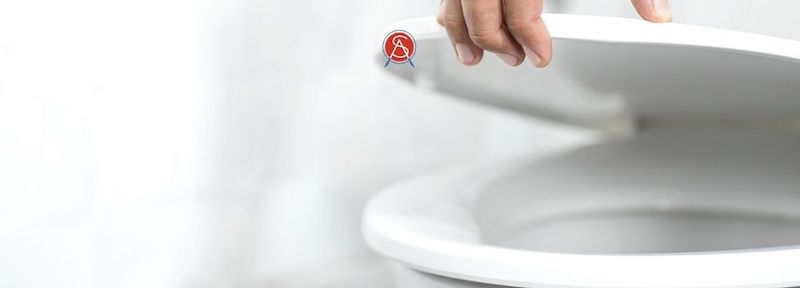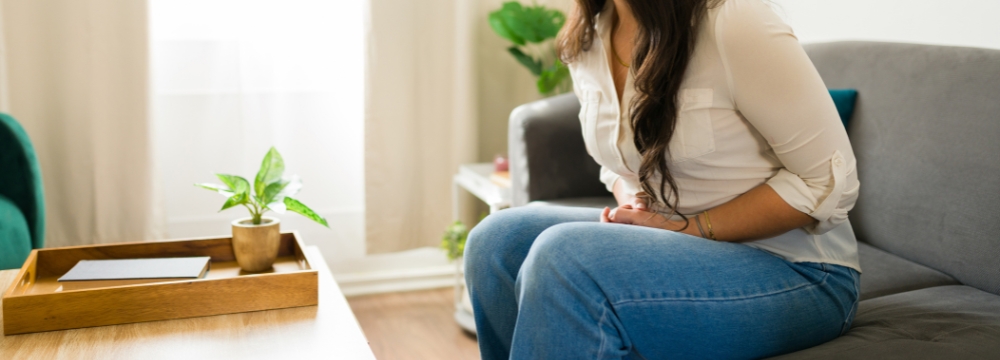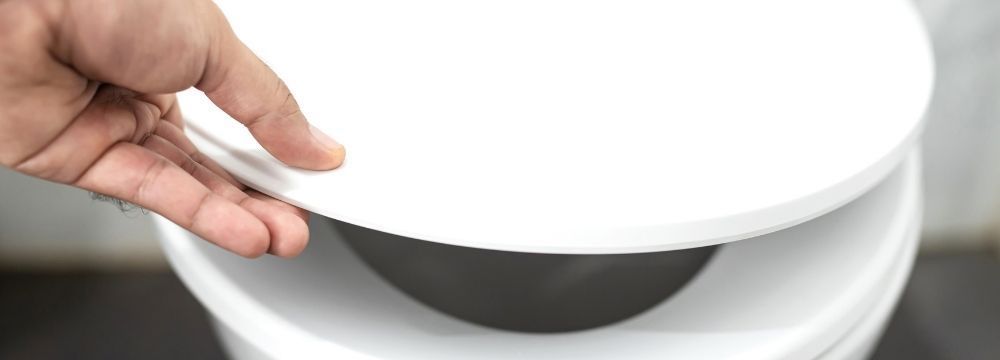
Between individuals, and even between bowel movements, “normal poop” can be very different. However, there are general hard and fast rules about how your stool should look to make sure you keep your colon in top shape. It is also worth remembering that your intestinal health plays a huge part in your overall health as well. If you are having digestive issues, there may be underlying health problems we need to discuss and address. With that being said, most issues involving the color composition of stool revolve around three key issues – hydration, fiber consumption and illness, whether bacterial or viral.
What should your stool look like?
Stool should be medium to dark brown in color, firm but not hard, and smooth rather than lumpy. This shows that you have likely consumed enough water and fiber to allow your colon to expel it in a safe and efficient way. The Bristol Stool Chart (look it up with a quick online search) is a diagnostic tool one can use to understand their stool health.
If the stool is hard to pass and comes out as pellets or a collection of pellets in sausage form, you are likely constipated. This is usually improved with some fiber and water intake but in more severe cases may also require stool softeners. Constipation can cause straining on the toilet which can lead to several concerns including hemorrhoids, diverticulosis, and even rectal prolapse.
Very loose stools may indicate a lack of fiber. Watery stools that have very little or no solid mass may indicate an underlying viral or bacterial infection or a colorectal condition such as ulcerative colitis or Crohn’s diseases. Allergies and alcohol consumption can cause problematic bowel movements. Recovering from certain procedures like bariatric surgery or gallbladder surgery may also cause temporary or even extended changes in bowel habits.
So be sure you’re getting enough fiber, water, and exercise each day, and speak to your colorectal surgeon if the constipation or loose stools don’t resolve with these improvements in your lifestyle.
The color of your stool
The color of your stool is very helpful in determining whether you could be suffering from a GI problem. Let’s start with blood.
Black or tarry stools are a sign of blood. When stool turns black, it often means something further up the gastrointestinal tract is bleeding. This may be because of medication or surgery, or could require further investigation by a qualified colorectal specialist such as Dr. Quatrino. If you are seeing bright red blood in your stool or on the toilet paper, this is usually a sign of hemorrhoids, anal fissure, or rectal bleeding – something closer to the anus. This, too, should be evaluated by at colorectal specialist.
White, or near white, stools are never normal and should be checked out by a qualified doctor ASAP. Very light or even white stools can be a sign of bowel obstruction, lack of bile from gallstone blockage, or liver problems. Less concerning but still worth discussing with your colorectal specialist, a barium swallow or certain antacids may also cause lighter or even white stools.
Red and green stools may alternately be something serious; however, oftentimes these are caused by the foods that we eat. The pigmentation of the food can directly translate to stool color.
As a rule of thumb, there is no reason to obsess over your stool. However, keeping an eye out for the composition and color of your stool allows you to keep track of your colon health and get a snapshot of your overall health. If you are concerned about your intestinal health, we encourage you to schedule a consultation with our colorectal surgeon to learn what you can do to get back on track.





